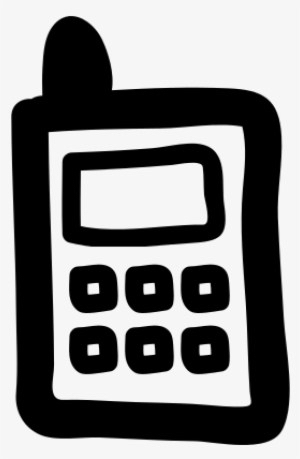 A Passover message inspired by my smart phone!
A Passover message inspired by my smart phone!
Siri once said: “The past, present, and future walked into a bar. And it was tense.”
Ok, sure, Siri has never been to a Seder (although, who knows what goes on in our “smart” phones while we are sleeping). Yet, there is an important insight here. Jews continually bring past, present and future to the table, especially for Seder.
The past is the Exodus story itself – the keystone liberation experience without which there would have been no future for the Jewish people. The present is where we internalize this story as part of our own human journey. This process begins with the continual retelling from when we are mere children and continues throughout our lives. While the essential story remains the same, the challenge is to retell the story in a developmentally appropriate way. Only as adults can we begin to understand the instruction to read ourselves into the story.
As we grow spiritually, emotionally and morally, we can grasp more deeply in our time the suffering of children, women, and men at the hands of cruel, greedy, power-hungry pharaohs – many of whom do what they do in the name of their god or their institution.
Heavy stuff – especially over a dinner with family and friends who may not yet be tuned in to the purpose of the Seder. Many of us are “Seder-challenged” – even rabbis! The truth is the Seder is intended to ensure the continuation of a narrative – regardless of which Haggadah is used or who is sitting around the table. And, even if our experiences and world views differ, Passover should be a call to action. There are more than enough societal issues to address. While no one person can resolve them all, each of us can make a difference by dedicating ourselves to one.
Passover is not just our ancient story of liberation and freedom. Each section of the Haggadah can open a door to pressing contemporary issues. Read the words “Let all who are hungry come and eat,” as a call to end hunger. Consider the blessing over the parsley as a reminder that the earth does not belong to us; it is a precious gift to be cared for. Debate and discuss the burning questions of this generation. Identify the plagues we experience today. Explore the question of what is “enough” and the extent of our obligation to provide for those who don’t have enough. Acknowledging what embitters our lives, reflect on how can we sweeten the bitterness. Place all of this in the context of gratitude for what has been, what is and what might yet be. Invite in Elijah the prophet as a reminder of a vision of a world at peace and a reminder of our role in working toward the fulfillment of that vision.
Each retelling of the Exodus from Egypt binds us to something bigger than ourselves and leads us to become the living story. Each retelling obligates us to do everything in our power to ease that suffering and encourage healing. Each retelling links past, present and future generations to a shared narrative.
Siri once said: “The past, present, and future walked into a [Seder]. And it was tense.”
Take a breath. Savor this time together with friends, family, and strangers. Reach out to those who might not have a place to go for Seder. Set your table with graciousness, compassion, openness and hope. Retell our ancient yet ever renewing story. And read yourself into this sacred and continually unfolding story.
From our home to yours, David and I wish you a Chag Sameach!
Rabbi Nina J. Mizrahi
Community Rabbi